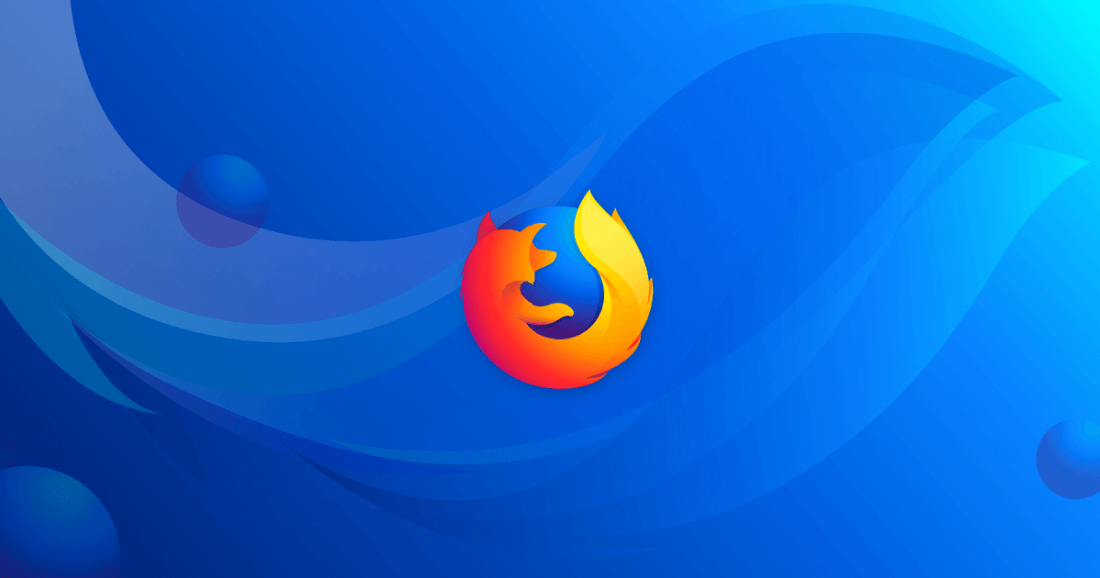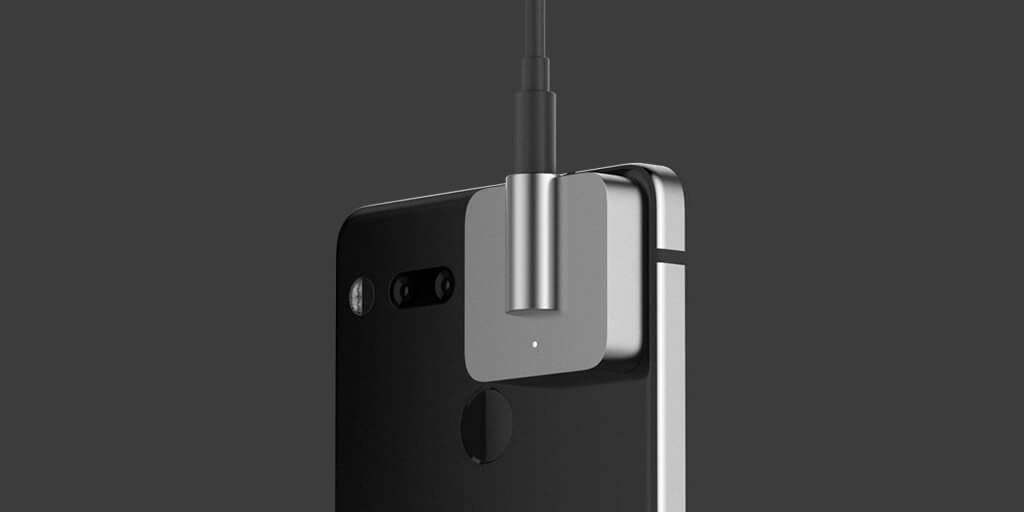
Google has quietly been working on a new operating system called Fuchsia
for more than two years. The internal project, which aims to one day
replace Android and Chrome OS, has been picking up steam with more than
100 people now working on it according to
Bloomberg.
With Fuchsia, Google could look to right a lot of things it got wrong
with Android a decade ago and distance itself from conflict. The
European Commission earlier this week slapped Google with a $5 billion fine for antitrust violations related to Android.
The OS is reportedly being designed to better accommodate voice
interactions and frequent security updates. Google would also like it to
have a uniform look and feel, making it suitable for deployment across a
wide variety of connected devices.
It could also give Google the opportunity to regain some of the
control it has given to device makers and wireless carriers over the
years. Device makers don’t have much of an incentive to push out updates
today as they’d rather you simply buy new hardware. Carriers have their
own set of priorities.

Addressing Android’s abysmal fragmentation issues and bringing OS
adoption in line with iOS certainly has to be appealing to Google. As of
May, Android 8 Oreo’s distribution sits at just 5.7 percent while more
than 80 percent of iOS devices are running the latest version, iOS 11.
It’s clear that Fuchsia is more than just a side project at this
point but whether or not it’ll evolve into Android’s successor is still
up in the air. Some internal debates over design, deployment and privacy
still need to be hammered out, sources say, and some believe it may be
little more than a ploy to keep veteran coders who like a challenge on
the payroll. One person that has talked with Fuchsia staff said it’s “a
senior-engineer retention project.”
Google’s official stance on the matter is that it views open-source
experiments like this as an investment in innovation – nothing more,
noting less at the time. Fuchsia is said, however, to have the support
of Google CEO Sundar Pichai.
Assuming Fuchsia was to graduate to something serious, one shouldn’t
expect it to replace Android and Chrome OS overnight. A slow transition
would likely be in order, in part to properly acquaint customers with
the new OS and to reduce the shock and instances of incompatibility that
would surely arise with a sudden shift.

Android and Chrome OS are based on Linux but Fuchsia uses a different
kernel called Zircon (formerly known as Magenta). As such, there could
be some compatibility issues on devices that run today’s operating
systems.
Sources tell Bloomberg that engineers would like to see Fuchsia on
connected home devices like voice-controlled speakers within the next
three years before eventually moving to larger machines like laptops. A
full transition to Android, ideally, would happen in the next half
decade, one source said.








